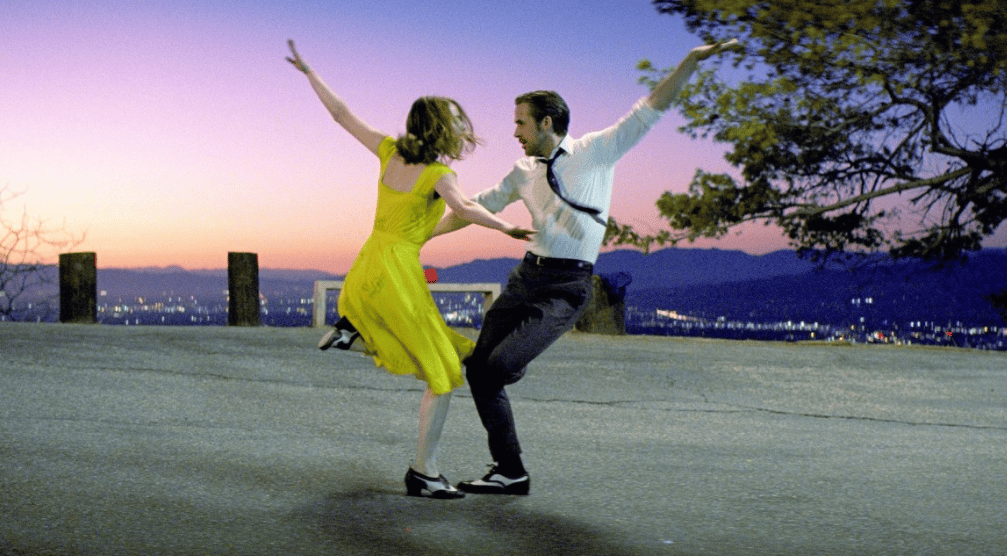- L-Plate Retiree
- Posts
- The Retirement Trilemma: Why Your Bucket List Needs a Financial Reality Check
The Retirement Trilemma: Why Your Bucket List Needs a Financial Reality Check
Save More, Spend Less, or Work Longer: The Hard Truth About Funding Your Dreams

because retirement doesn’t come with a manual


save more, spend less or work longer?
Last week I started putting some of my Bucket List on paper—or e-paper, because apparently even my dreams have gone digital. Honestly, it's fraught with more what-ifs than a helicopter parent planning their kid's first sleepover:
What if physically I'm not up to it?
What if the Big Man upstairs calls me back early?
What if financially things didn't work out as we planned?
What if... what if... what if...
There are what-ifs that are controllable and what-ifs that are not—I'm talking about things you can actually do something about (though let's be honest, nothing is really "controllable," is it? Life has a wicked sense of humour).
Looking at my list, almost every item requires some investment of time and money, as it is with most things in life that don't involve sitting on the couch in your pyjamas. Personally, finance is one area where we're still very much on a journey—a work in progress that sometimes feels more like a work in confusion.
Just yesterday, I read about about the late Lord Paul Myners, a British financial expert and UK city minister, who explained that with people living longer, there were basically only three ways to still have enough for retirement: save more while working, spend less during retirement, or work longer and retire later. The trilemma of retirement. You simply cannot save less (and spend more during your working years), retire early, AND expect to spend lavishly during retirement. It's like trying to have your cake, eat it, and still have cake for tomorrow—the math just doesn't work.
This is what the FIRE movement is about: saving aggressively to invest and retire early. It's basically choosing to live like a monk now so you can live like a king later.
Unless you get really lucky at the casino or lottery—both of which I firmly believe are just expensive ways to practice disappointment—there doesn't seem to be another way around this trilemma. Actually, if you don't know what you're doing, "investing" or "trading" is akin to trying your luck in a casino, except the casino has better drinks and more honest odds!
Buffett famously said, "If you are smart, you don't need a lot of money. If you are dumb, no amount of money is going to help you." He's not talking about "smart" as in IQ—but knowing investing principles like compounding and calculating how much a company is actually worth versus what the market thinks it's worth on any given Tuesday.
The good news? These are things you can learn! Unlike trying to predict the weather or understanding why airlines charge extra for everything except the oxygen (give them time), investing principles are teachable, learnable, and surprisingly logical once you get past the jargon.
So while my bucket list sits there, taunting me with its expensive dreams and time-sensitive adventures, I'm choosing to focus on the what-ifs I can actually influence. Because the only thing worse than not achieving your bucket list would be achieving it and then running out of money to enjoy the memories.
Your Turn: What's on your bucket list that's making you rethink your financial strategy? Are you team "save aggressively now, live it up later" or team "YOLO, figure it out as you go"? Drop a comment below—I'm curious how others are navigating this delicate balance between living for today and planning for tomorrow!

Risk and Return (The Investment World's Eternal Dance)

the dance of Risk and Return
In investing, risk and return are like dance partners who never leave each other's side. Generally speaking, if you want the possibility of higher returns, you'll need to accept higher risk. Want lower risk? You'll typically get lower returns. It's the universe's way of keeping things fair.
This doesn't mean you should either hide your money under the mattress or bet it all on cryptocurrency. It means understanding that different investments carry different risk levels, and your job is finding the right balance for your situation and timeline.
A 30-year-old saving for retirement can typically handle more risk (and potentially earn higher returns) than a 65-year-old who needs their money in the next few years. Your risk tolerance should match your timeline and your ability to sleep at night.
L-Plate Takeaway: There's no such thing as a free lunch in investing. High returns usually come with high risk, and anyone promising otherwise is probably selling something you don't want to buy.
Subscribe now to receive weekly insights, practical tips, and occasional humour to help you prepare for or thrive in retirement. Unlike those other financial newsletters that seem written for people who already understand everything, we speak human here. No jargon without explanation, no assuming you've been investing since kindergarten.
Become one of our founding subscribers who are refusing to let retirement happen to them—they're happening to retirement instead! Being part of something from the beginning means you'll help shape where we go next.
Because retirement doesn't come with a manual... but now it does come with this newsletter.
The L-Plate Retiree Team
(Disclaimer: While we love a good laugh, the information in this newsletter is for general informational and entertainment purposes only, and does not constitute financial, health, or any other professional advice. Always consult with a qualified professional before making any decisions about your retirement, finances, or health.)
Reply